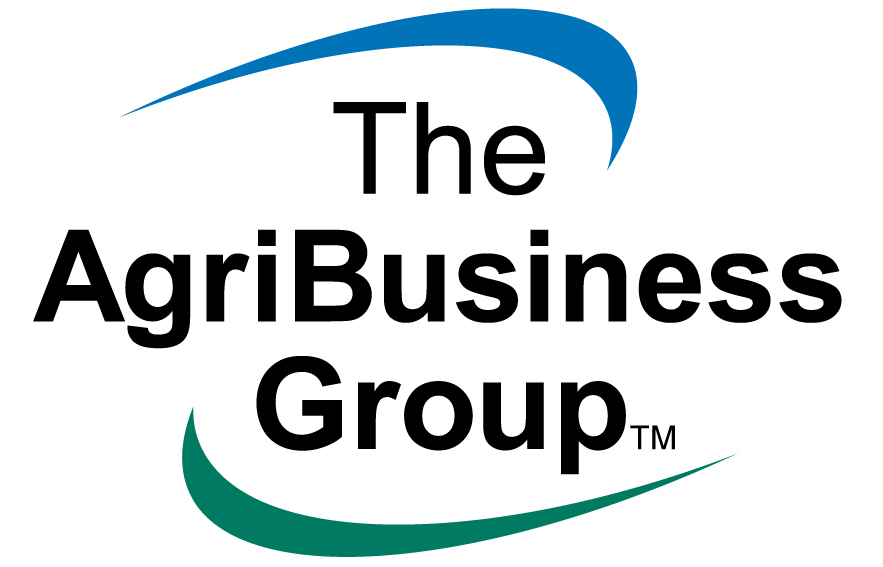Evidence driving future preparedness
The AgriBusiness Group (TAG) are currently working with New Zealand Winegrowers to update the Sustainable Wine New Zealand (SWNZ) scorecard. This review provides an opportunity to deploy many of the tools developed throughout the New Zealand Sustainability Dashboard Project which TAG was heavily involved with. TAG has assisted in developing a range of cutting edge analytic and decision-making tools to help organisations develop and implement sustainability initiatives. SWNZ are already advanced in their sustainability programmes, however, new developments in data analytics allow us to provide a much more detailed picture on what the drivers for sustainability programmes are, and what the expectations of different stakeholder groups are. This information allows SWNZ to tightly tailor their sustainability programme to meet the expectations of regulators, consumers, international markets, and wider society.
Nielsen, the large American information, data and measurement company uses the slogan ‘the uncommon sense of the consumer’. This sentiment is highly relevant to sustainability. Developing or reviewing a sustainability initiative to meet multiple internal and external stakeholder needs requires a carful balancing act between multiple expectations. Furthermore, these expectations are often unknown, and may not even be clear to the stakeholders. We use the concept of materiality to help navigate this uncertainty. Materiality is more than importance, for example, if you ask a consumer whether minimising waste is important to them, they will likely say yes. However, this stated importance is unlikely to prevent them buying an item in plastic packaging. Therefore, while waste is important, it may not have a large influence.
In determining the materiality (influence) of a sustainability issue we consider the intersection between the influence an issue has on stakeholder decisions (both internal and external) and the impact an organisation has on an issue.
Materiality is only one of the factors that is informing our review of the SWNZ scorecard, we a considering a wide range of factors including:
· Internal constraints (time, money, expertise)
· Future trends in sustainability
· Regulations and future trends in regulations
· Simplicity of the scorecard
· Incremental change to bring the whole industry along
· Aspirational approach to sustainability
Often, these factors can contradict each other, e.g. the need to simplify the scorecard, while taking an aspirational approach to sustainability. However, by developing a clear understanding of stakeholder expectations and the sustainability impact of vineyards and wineries, we are able to make any trade-offs explicit and plot an appropriate path for SWNZ.
TAG is working with SWNZ to provide clarity around stakeholder expectations, and appropriate responses to those expectations, while also respecting a wide range of internal constraints, priorities, and values. By taking a robust evidence-based approach to a problem that is often addressed in less rigorous ways, we can provide SWNZ with recommendations for how to meet future sustainability challenges, while making explicit the many tensions that exist in responding to these challenges. This evidence-based approach guided by a wealth of new research will help SWNZ to continue pushing the industry towards ever higher levels of sustainability.
For any comments or questions, please contact Jay.



